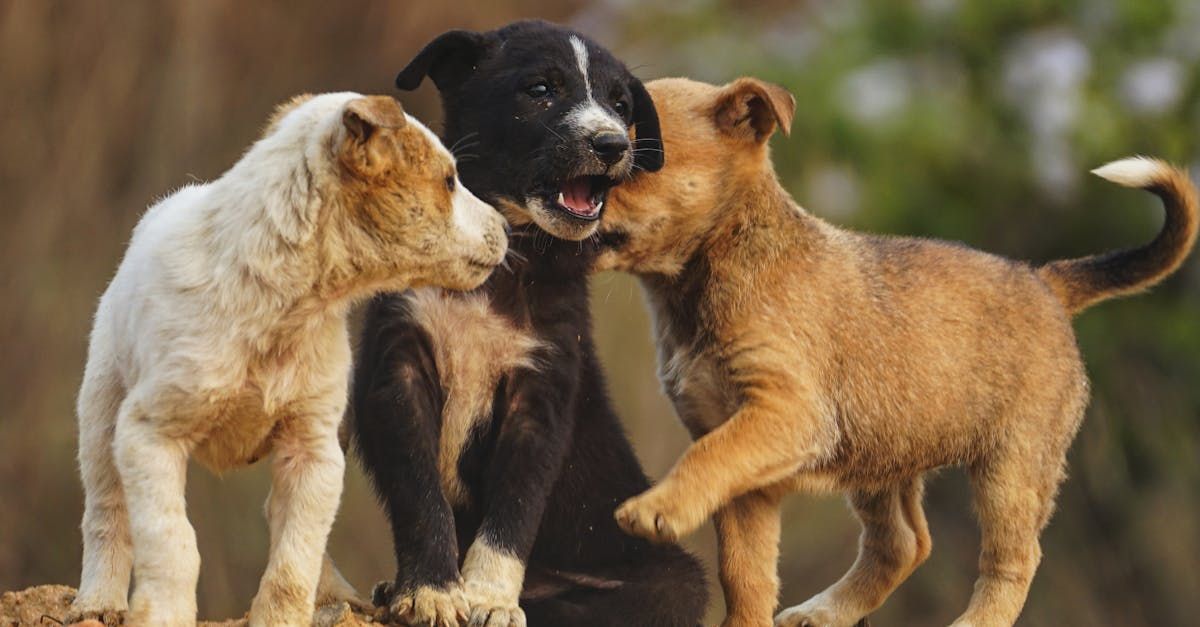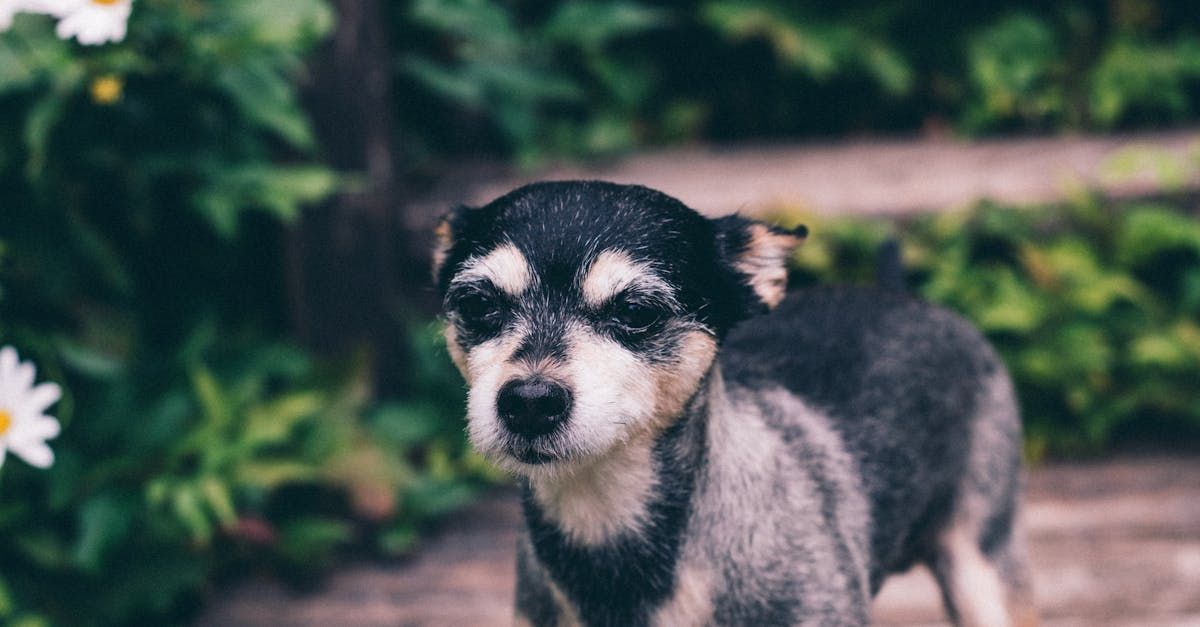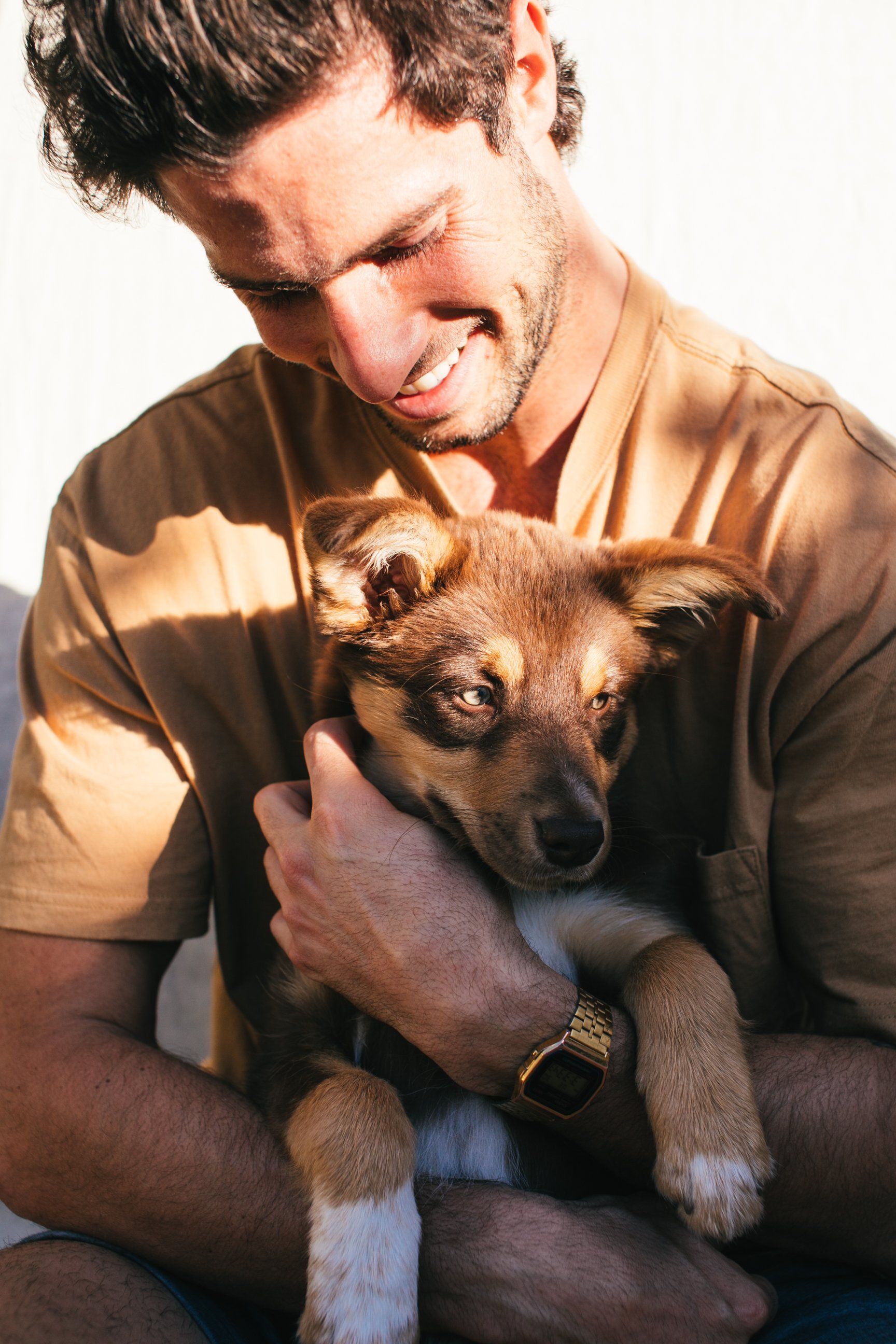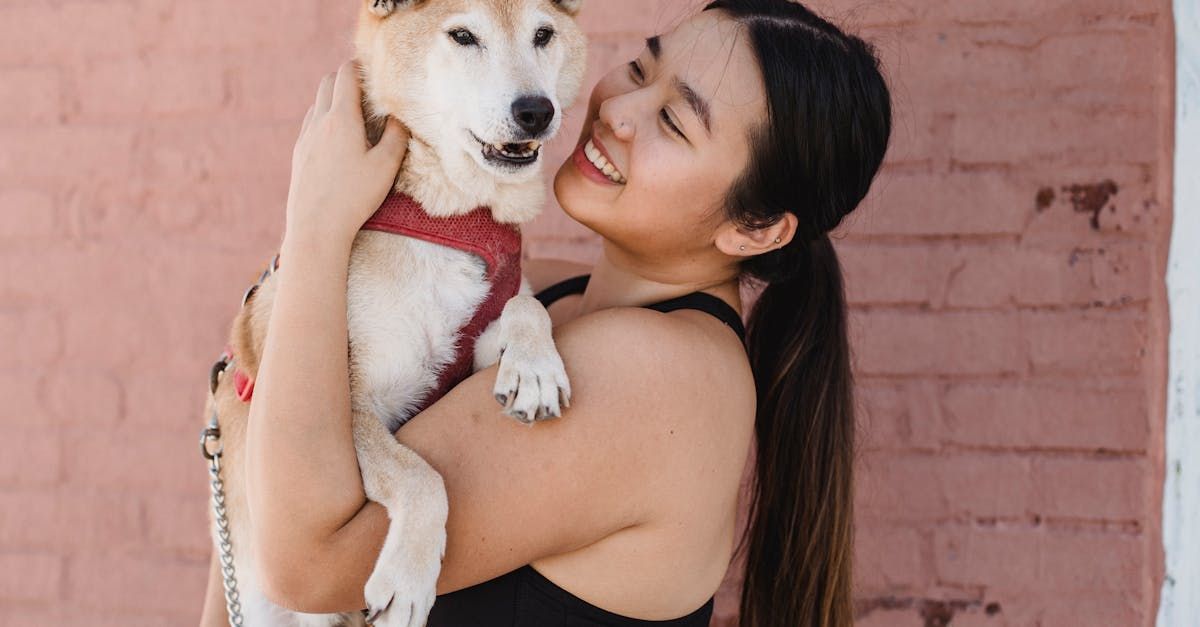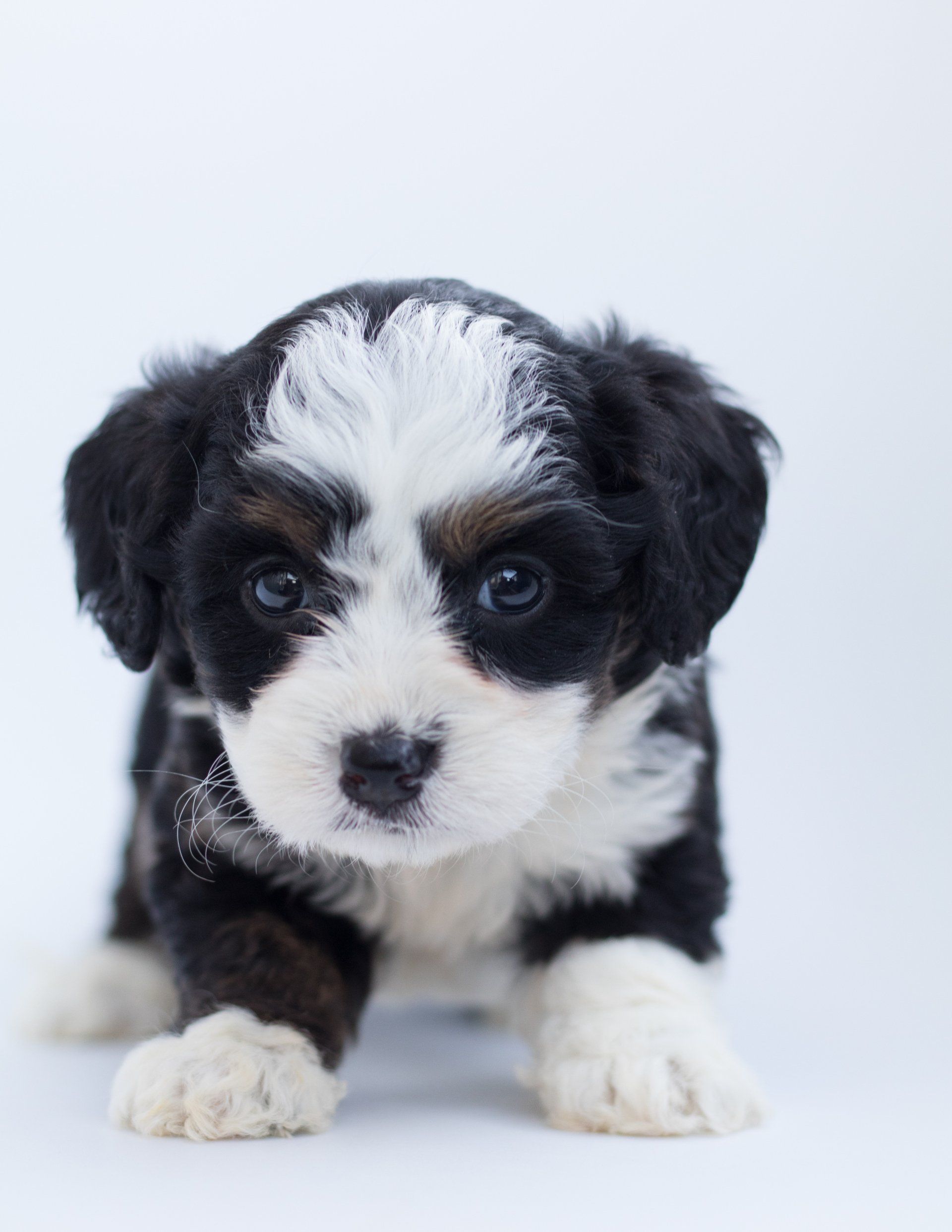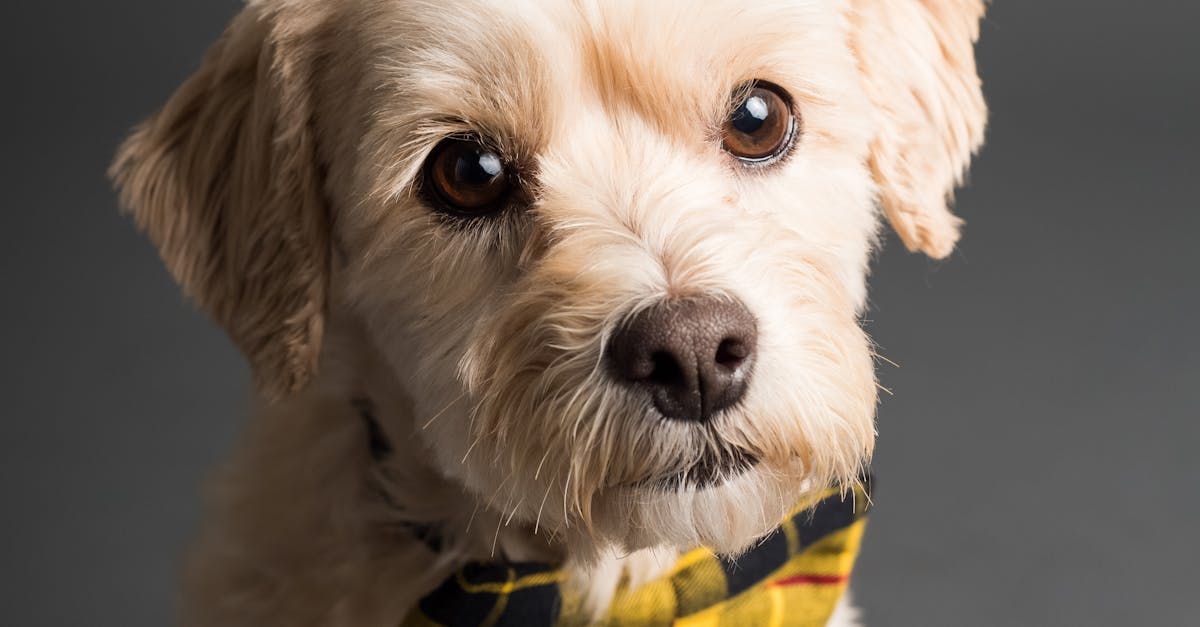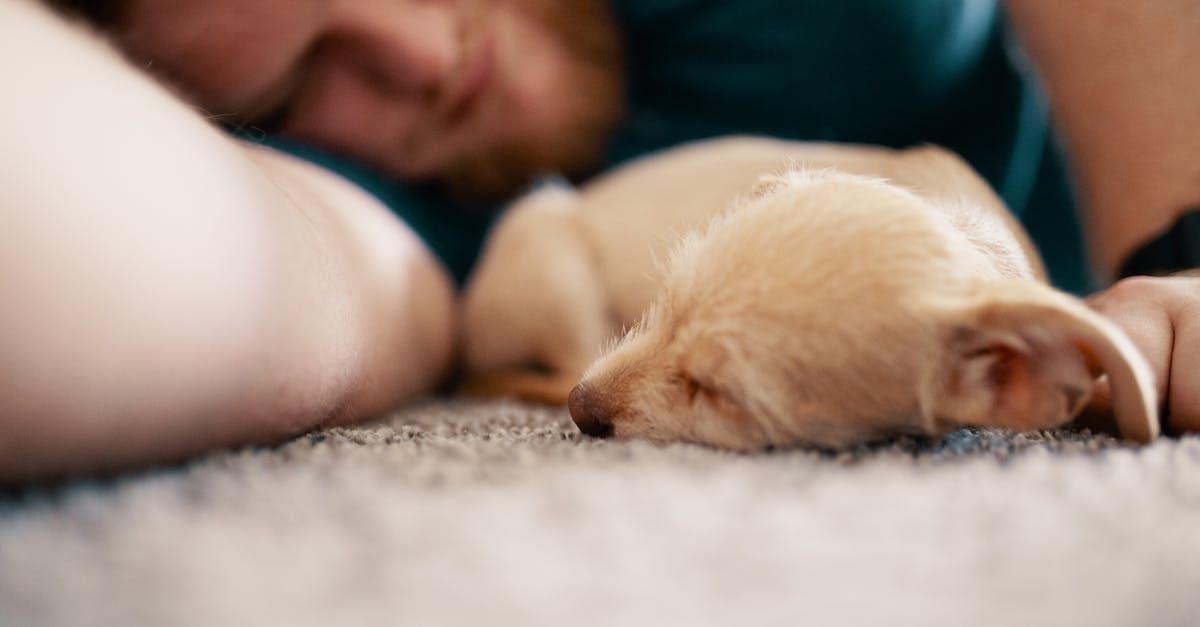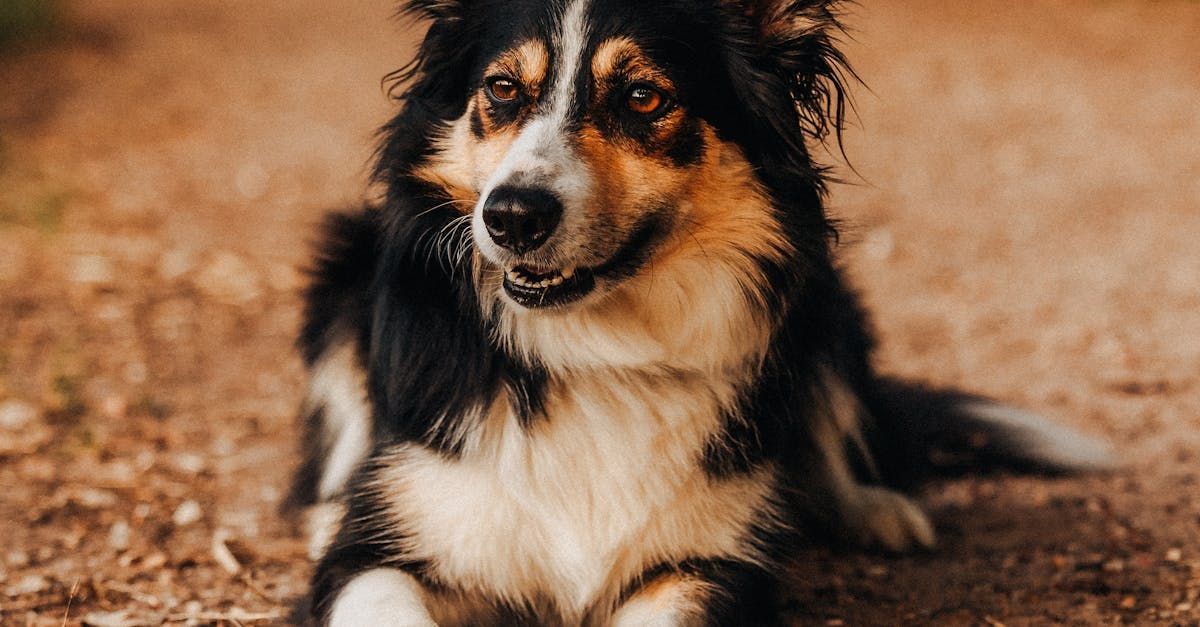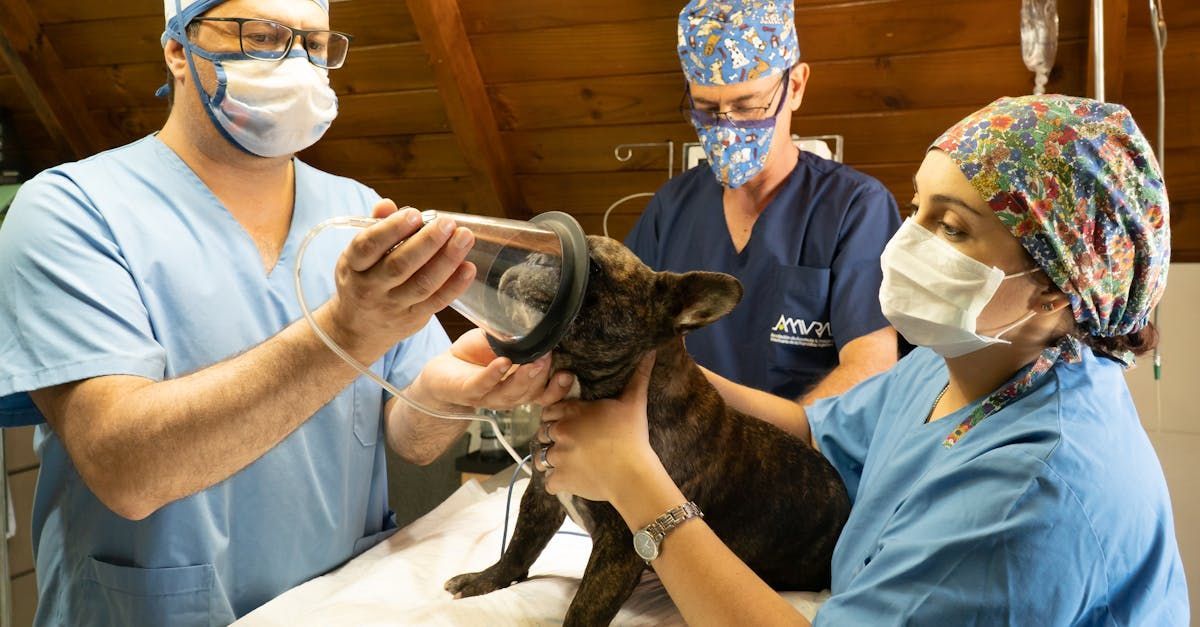Dealing with a Dog or Puppy That Gets Car Sick
Dealing with a Dog or Puppy That Gets Car Sick: Tips and Solutions
Traveling with your dog can be a wonderful experience, but it can become stressful if your furry friend gets car sick. Motion sickness in dogs is a common issue, especially in puppies, and it can lead to a variety of symptoms such as drooling, vomiting, and anxiety. Fortunately, there are several strategies you can use to help your dog overcome car sickness and make travel more enjoyable for both of you.
Understanding Car Sickness in Dogs
Causes
- Inner Ear Development: Puppies are more prone to car sickness because their inner ear structures, which help with balance, are not fully developed.
- Anxiety and Stress: Fear or anxiety about car rides can contribute to car sickness.
- Motion: The motion of the car can cause disorientation and nausea.
Symptoms
- Excessive drooling
- Whining or crying
- Lethargy
- Vomiting
- Lip licking
- Yawning
- Uneasiness or pacing
Tips for Preventing and Managing Car Sickness
Gradual Desensitization
- Short Rides: Start with short, positive car rides to help your dog get used to the motion of the vehicle.
- Positive Associations: Make the car a fun place by giving treats, toys, and praise. You can also feed your dog their meals in the car while it's parked.
Comfort and Safety
- Proper Restraint: Use a dog seat belt, crate, or pet car seat to keep your dog secure and reduce motion.
- Ventilation: Ensure good airflow in the car. Open a window slightly to balance air pressure and help your dog feel more comfortable.
- Comfort Items: Bring your dog’s favorite blanket or toy to provide comfort and reduce anxiety.
Feeding and Hydration
- Empty Stomach: Avoid feeding your dog a large meal before a car ride. A small snack a few hours before travel can be helpful.
- Hydration: Ensure your dog is well-hydrated but avoid giving them too much water right before the trip.
Behavioral Training
- Calm Environment: Create a calm environment in the car by playing soft music or using a pheromone diffuser designed for pets.
- Distraction: Offer toys or treats to distract your dog and keep them occupied during the ride.
Natural Remedies and Products
Ginger
- Benefits: Ginger has natural anti-nausea properties.
- How to Use: Give a small amount of ginger snap cookie or a ginger supplement made for dogs before the car ride. Consult your vet for the appropriate dosage.
Herbal Supplements
- Chamomile and Peppermint: These can help soothe an upset stomach and reduce anxiety. Look for dog-specific herbal supplements.
- Consult Your Vet: Always check with your vet before giving your dog any supplements.
Pheromone Products
- Adaptil: Pheromone sprays or collars can help reduce anxiety and create a calming effect.
Medical Solutions
Prescription Medications
- Cerenia (maropitant): A medication specifically for preventing vomiting due to motion sickness in dogs. It requires a prescription from your vet.
- Dramamine: An over-the-counter medication that can be used for dogs. Consult your vet for the correct dosage and usage.
CBD Oil
- Calming Effect: Some pet owners find that CBD oil helps reduce anxiety and nausea in dogs. Ensure you use a pet-specific product and consult your vet.
Preparing for the Trip
Plan Ahead
- Frequent Breaks: Plan for regular breaks during long trips to let your dog stretch, relieve themselves, and get fresh air.
- Exercise: Give your dog plenty of exercise before the trip to help them relax and be more likely to sleep during the ride.
Monitor Your Dog
- Watch for Signs: Keep an eye on your dog for any signs of discomfort or distress and take appropriate action if needed.
- Comfort and Reassurance: Reassure your dog with a calm voice and gentle petting if they seem anxious.
Conclusion
Dealing with a dog or puppy that gets car sick can be challenging, but with patience and the right strategies, you can help your furry friend feel more comfortable during car rides. By understanding the causes, implementing preventive measures, and exploring natural and medical solutions, you can make travel a more enjoyable experience for both you and your dog. With time and positive reinforcement, your dog can learn to associate car rides with fun and adventure, making every trip a pleasant journey.



